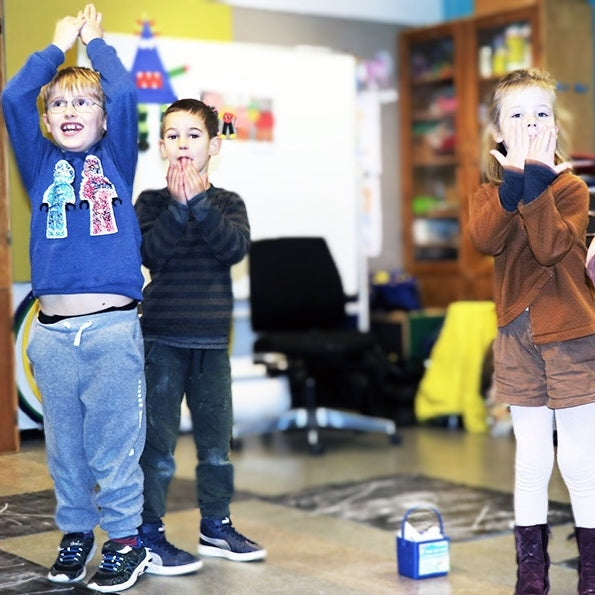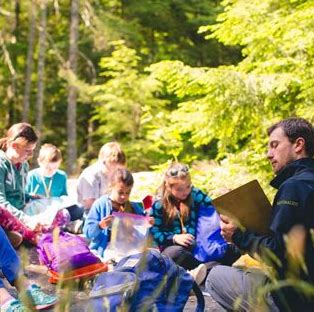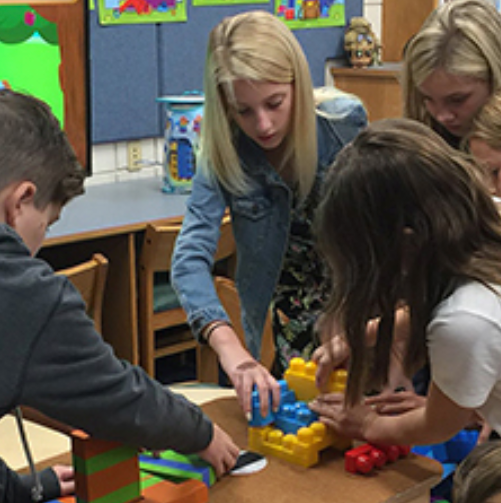Research -- StepUp to Learn
No Magic Number for Time It Takes to Form Habits
"You may have heard that it takes about 21 days to form a habit, but that estimate was not based on any science."
Robot Helps Students with Learning Disabilities Stay Focused
Engineering researchers are successfully using a robot to help keep children with learning disabilities focused on their work.
The Way We Learn From Mistakes Can Lead to Anxiety
Student expectations of exam grades reveal which individuals have an optimistic or pessimistic outlook, and why that matters.
How Too Much Motivation Can Affect Decision Making
Researchers reveal why a level of motivation that is too high or too low can affect our perception and therefore our choices.
Teaching Self Regulation: Is Earlier Better?
Researchers explore the long-term effects of teaching self-regulation skills in young students.
A Boost to Executive Function in Early Childhood
Researchers explore whether adherence to American Academy of Pediatrics guidelines for diet and physical activity had any relationship with toddlers’ executive function.
Learning to Enjoy Cognitive Effort
Researchers challenge a common assumption and find that challenging cognitive activities can be experienced as rewarding and valuable.
How to Boost Children's Letter Sound Recognition
Children who did this became twice as proficient at difficult letter sounds compared to those who received traditional instruction.
How The Brain Says 'Oops!'
How do we learn from our mistakes? This important brain research helps us understand how our brains detect our mistakes.
Learning Through ‘Guided’ Play Can Be As Effective As Adult-Led Instruction
Play-based learning may also have a more positive effect on younger children’s acquisition of important early maths skills compared with traditional, direct instruction.
How to Help Girls Stay Engaged with Science
This program was linked to higher average science grades and an increase in a measure of science knowledge for a group of fifth grade girls.
How to Make Learning More Effective
Engaging students in these activities resulted in improved academic performance compared to traditional lectures, lessons or readings.












